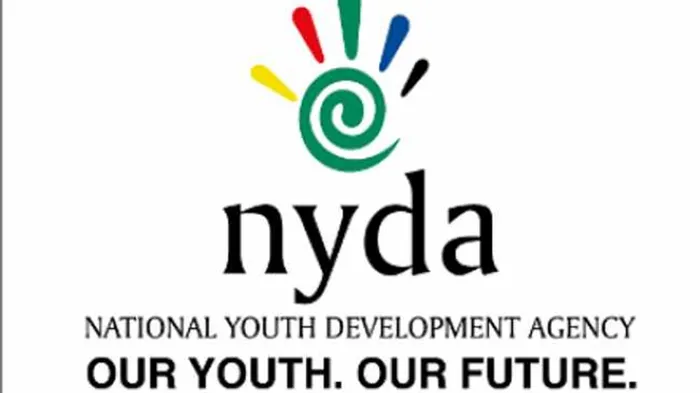Calls for 'proper governance' and prioritisation of 'youth agenda' as NYDA enters a new era
NEW ERA

The National Youth Development Agency enters a new era as a new board steps in on Friday, August 1, after some delays.
Image: SUPPLIED
The new board of the National Youth Development Agency (NYDA) stepping into office on Friday, August 1, has been roundly welcomed, but the delayed appointment has been criticised.
Welcoming the incoming board, the Public Servants Association (PSA) decried the delays. The union said while the old board’s term ended on October 31, 2024, there were delays in appointing the new one, including delays by about four months after Parliament had recommended candidates to President Cyril Ramaphosa.
“The PSA noted with concern that the President appointed the Board four months after Parliament made recommendations of candidates for appointment to the Board. This delay was unfortunate and fuelled the perception that the NYDA and government do not take issues of corporate governance seriously.
“The NYDA faced criticism over the years, including financial mismanagement, unethical leadership, and irregular expenditure. Some critics of the NYDA were calling for its closure based on accusations of bias in that it only assisted politically connected young people. Many have pointed out that the NYDA is failing to address youth empowerment and employment. It has been widely reported that the NYDA has been used as a cash-cow for politicians since its inception, hence the dismal failure on its mandate,” the union said in a statement.
The union said the NYDA had failed to fulfil its mandate of empowering and developing young people and called on the incoming board to “immediately address the alleged poor governance, nepotism and abuse of power, financial mismanagement, negative perception, as well as ensuring consequence management”. It called for the agency to develop “tangible” programmes to address the challenges face by the country’s youth, including unemployment, inequality, and poverty.
“The huge rate of unemployed graduates is concerning and should be prioritised,” the PSA said.
Meanwhile, the Chairperson of Parliamentary Committee on Women, Youth and Persons with Disabilities is “very happy and very positive” about the new board and said the selection process was merit-based, transparent and inclusive.
Liezl van der Merwe said the committee endeavoured to ensure the board - to be led by Dr Sunshine Minenhle Myende as the chairperson, and Bonga Siphesihle Makhanya as the deputy chairperson - was reflective of South Africa’s young population and inclusive of marginalised groups.
“All Members and represented political parties of the Portfolio Committee on Women, Youth and Persons with Disabilities agreed unanimously on the recommended candidates. This has not happened in the history of the process, which is a further indication that the process was fair and transparent and that candidates met all requirements,” said Van der Merwe.
Reflecting on past experience with the agency’s board, Van der Merwe said the committee raised a number of issues and made some recommendations for the in-coming leadership. These included financial management, “international travel and the value for money add”, and awareness and accessibility of the agency’s work to youth and expanding its reach.
On financial management she said the committee raised its concerns about a blot in 2023/24 in the NYDA’s nine-year clean audit run. That year it obtained a “qualified audit opinion” – meaning there were some question marks in the financial statements – from the Auditor-General.
“While the previous NYDA Board conducted good work, the Committee raised its concerns about the AG finding for the 2023/2024 financial year, breaking the NYDA record of having received clean audits for 9 consecutive years,” she said.
On complaints about the agency’s work, especially with regards to reach and accessibility, Van der Merwe said the complaints could not be ignored and said all youth, especially those in underprivileged communities, should have access to the NYDA and its programmes.
“The NYDA exists to level the playing field by providing crucial support such as skills training, funding, mentorship, and career guidance, enabling young people from disadvantaged backgrounds to overcome systemic barriers and contribute meaningfully to the economy.
“It is important to acknowledge that challenges such as geographic barriers, limited awareness, and resource constraints affect accessibility in some rural and disadvantaged communities. In this regard, the Committee has recommended that that NYDA expands its branches and outreach programmes to remote areas is essential. The NYDA must enhance digital platforms for easier access to information and applications. They should strengthen their partnerships with local organisations to ensure grassroots-level support. Finally, the NYDA should prioritise funding and skills development for marginalised youth, especially in rural areas.”
Related Topics: